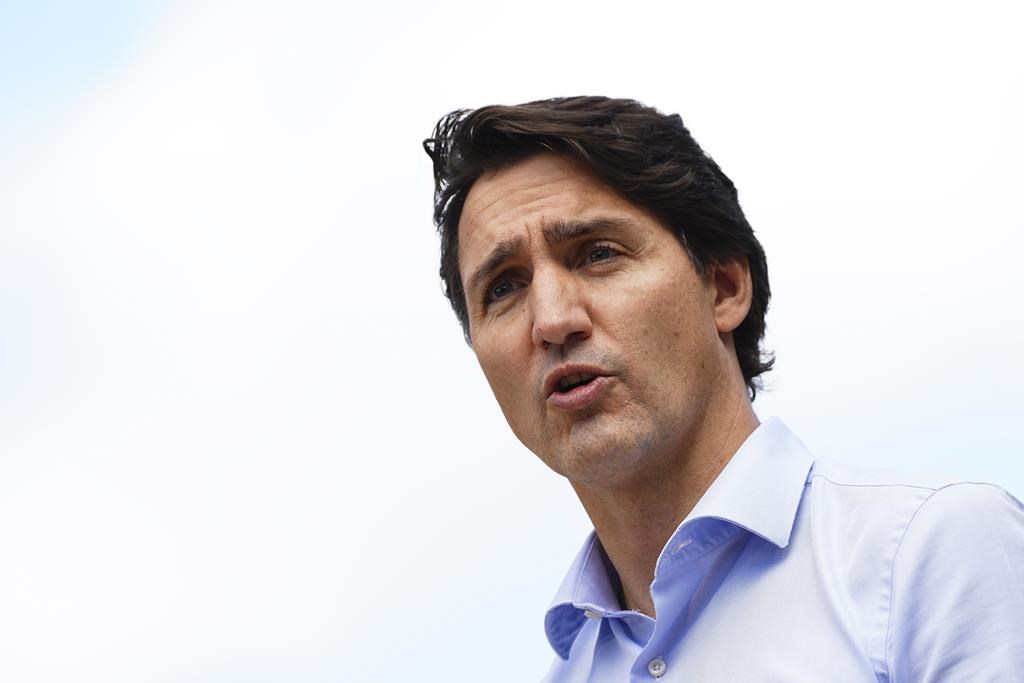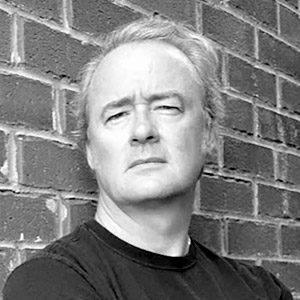The federal government announced late last year it would spend $40 billion to reform the child welfare system on First Nations reserves and compensate children and families for harm they suffered from the system. The money would settle court cases and Canadian Human Rights Tribunal decisions.
The Crown-Indigenous Relations minister, Marc Miller, called it “the largest settlement in Canadian history.” A First Nations advocate interviewed on CBC News Network called it “not enough.”
Characterizing $40 billion as not enough underlines how complicated it will be to accomplish reconciliation between Indigenous peoples and Canada.
The Truth and Reconciliation Commission — established in 2008 to expose the impacts of residential schools on Indigenous peoples — defined reconciliation as a process of “establishing and maintaining a mutually respectful relationship between Aboriginal and non-Aboriginal peoples.” Its final report lists 94 “calls to action” and implies if they’re all completed reconciliation will occur. CBC News launched a website, Beyond 94, to track progress on the calls to action. In September it listed 13 as “complete,” 62 “in progress” and 19 not started.
Some calls to action are ambiguous. It’s inevitable there will be disagreements about whether they have been accomplished.
One calls on the federal government to “provide sufficient funds for Aboriginal language revitalization and preservation.” Another asks for “progress on closing the gaps between Aboriginal and non-Aboriginal communities in a number of health indicators….” Nebulous words such as “sufficient” and “progress” are invitations to disagree.
It takes two requirements to know whether a goal is reached: a benchmark and a milestone.
- A benchmark describes success. For a business, if its goal is to be the leading company in the industry, “leading” might mean having a 30% market share or selling a million widgets
- The milestone is the time clock — the date when the goal must be reached, for example, selling a million widgets by December 31, 2024
Benchmarks and milestones promote consensus. Either the company sold a million widgets by the end of 2024, or it didn’t.
When the Indigenous and the non-Indigenous publics agree it’s been achieved, then reconciliation will have happened. Polls, however, show reconciliation is a long way off.
In a 2021 national poll by the Environics Institute….
- 43% said government actions “in trying to advance reconciliation” have not gone far enough
- 24% said government actions have been about right, and 20% said they have gone too far (14% had no opinion)
In a Nanos Research poll in May this year….
- 29% said the federal government had done a poor job on “truth and reconciliation with Indigenous peoples”
- 35% said an average job
- 30% a good job (6% had no opinion)
Importantly, Environics found indigenous peoples (60%) “are much more likely than non-
Indigenous people to say that governments have not gone far enough to advance reconciliation.”
Canadians support reconciliation efforts, but reconciliation remains a low priority.
In a pre-federal election poll in 2019, Abacus Data asked Canadians to select three issues (among 17) that would be “most important impacting your vote.”
- In first place, 35% named the cost of living as one of the three. In last place came “achieving reconciliation with Indigenous people” (5%)
Leger asked Canadians in June this year, “What is the number one issue facing Canada today?” Just 1% named “indigenous reconciliation” while 51% said inflation.
There is more support for specific parts of reconciliation than for the general concept. A Research Company poll in 2021 asked, “Thinking about reconciliation, how important are each of the following ideas and goals to you?”
- 89% said ending drinking water advisories in FirstNations communities is very or moderately important
- 86% said taking steps to end bias against IndigenousCanadians in the justice system is very or moderately important
- 84% said investigating all unmarked gravesites near former residential schools
Another reason reconciliation will be a long journey is that Canadians have grown steadily more complacent about the problems of Indigenous people. In 1968 in a Gallup poll, 27% said the government treats Indigenous people well. The share saying treated well rose to 32% in 1989 (Gallup), 39% in 1991 (Gallup), 62% in 2013 (an Ipsos poll), and 55% in 2020 (Ipsos).
In August this year the Angus Reid Institute asked, “What best describes the relationship between Canada and Indigenous people?”
- 44% said improving, 13% said worsening and 35% said staying about the same (8% were unsure)
Canadians also are equivocal about investigating the residential schools. In an Angus Reid Institute poll in August, 58% agreed “the harm from residential schools continues, and further investigations are needed.” But 42% thought “enough attention has been paid to residential schools — it’s time to focus on the future.”
Campaigns and protests can succeed without milestones but not without benchmarks. Consider the difference between Mahatma Gandhi and the 2011 Occupy Wall Street protests.
In 1930 Gandhi led India’s momentous salt march. His followers protested the British Empire’s controls on salt, a vital part of Indians’ diet that Britain taxed heavily and banned Indians from making. Gandhi also called for independence from the British Empire. After a year of Gandhi-led marching, the British relented on salt. But India didn’t gain independence till 1947.
The American journalist Joe Nocera recalls that the Occupy Wall Street protestors “had plenty of grievances, aimed mainly at the ‘oppressive’ power of corporations but never got beyond their own slogans.” It’s not enough to point out what you don’t like, he said. “You need a clear idea of what you want instead.”
Marc Zwelling is the founder of The Vector Poll™ (www.vectorresearch.com) and author of Public Opinion and Polling For Dummies (Wiley, 2012) and Ideas and Innovation For Dummies (Wiley, 2021).












